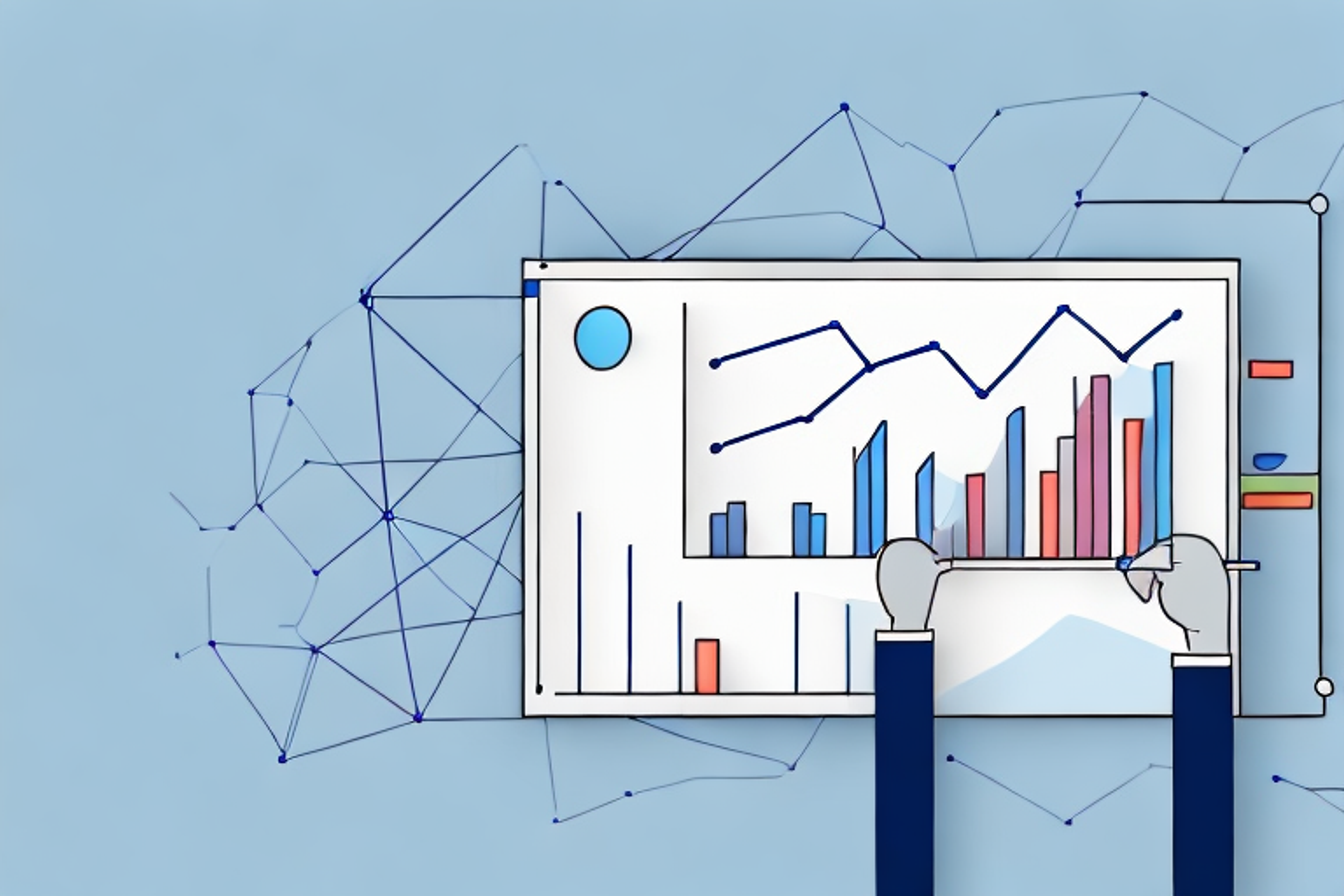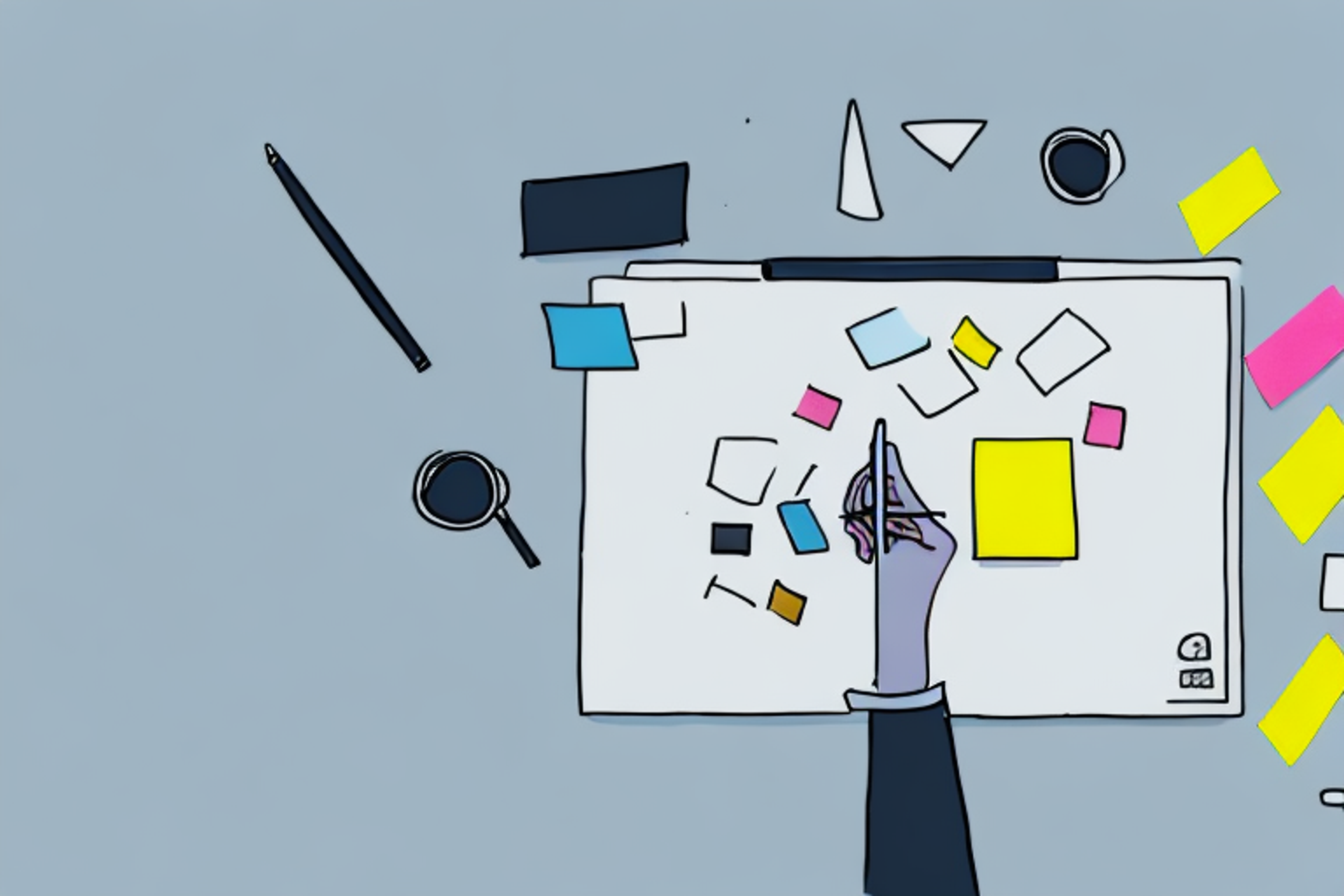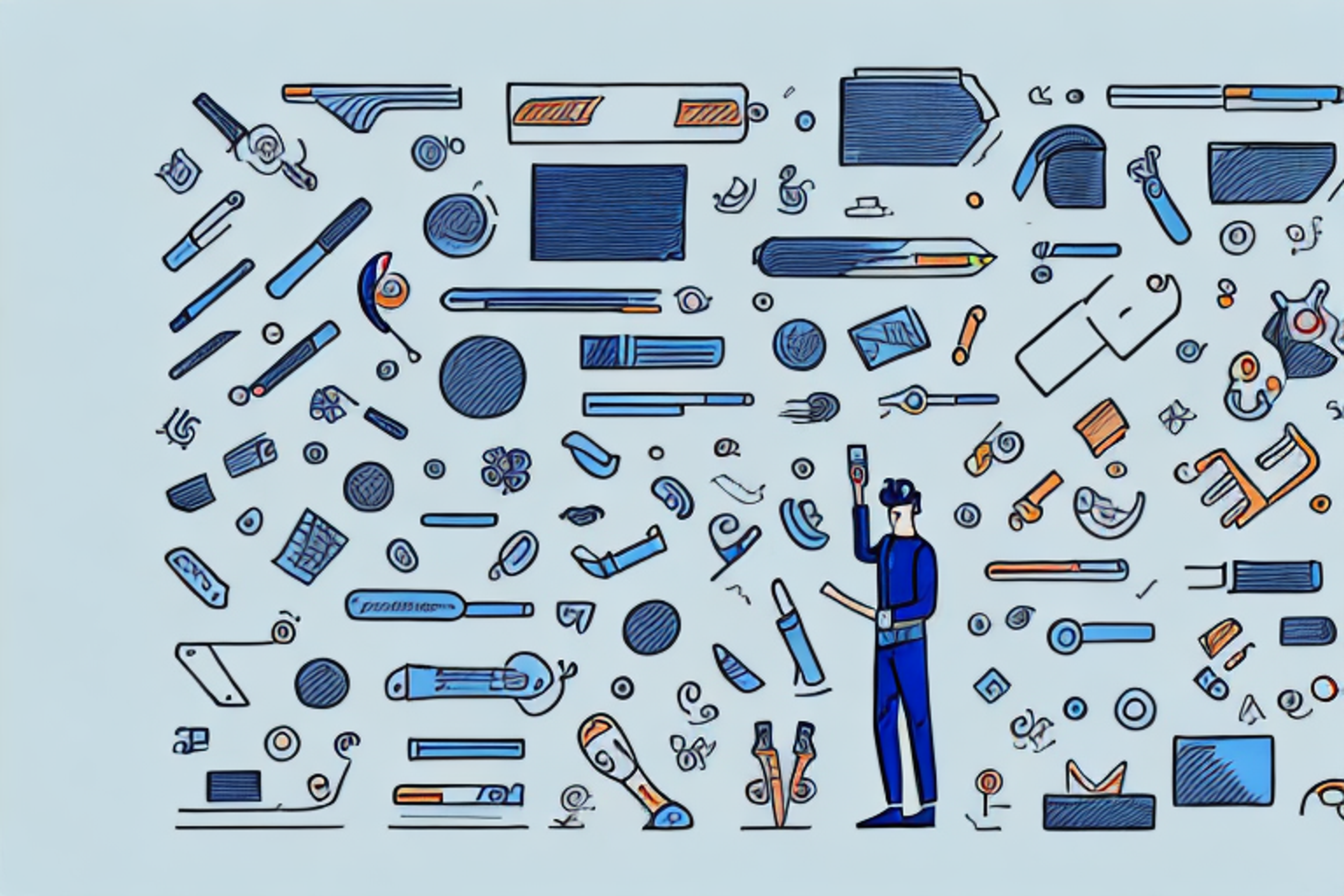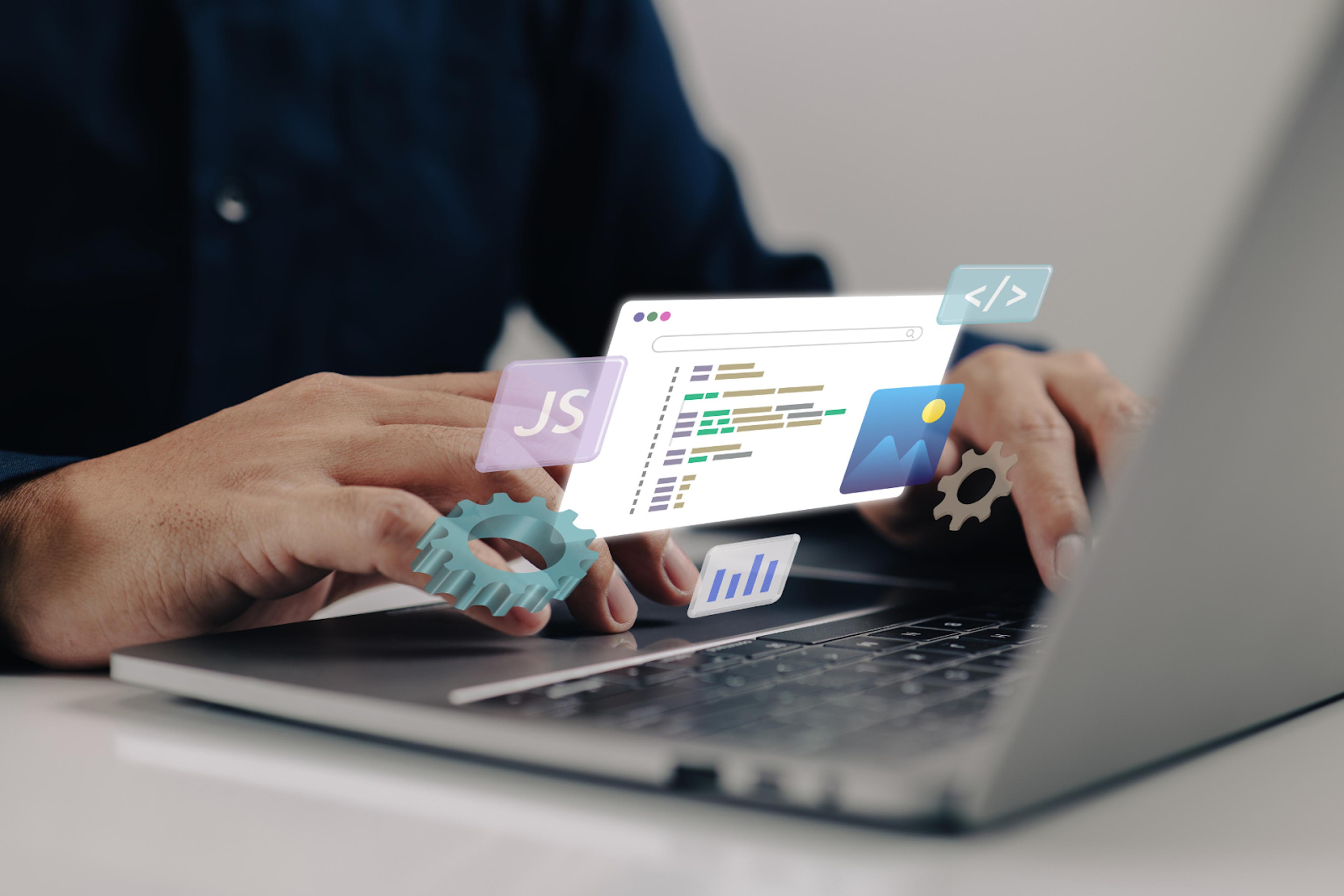The Most Common Technical Product Manager Interview Questions - and How to Answer Them
Are you preparing for a technical product manager interview? This article covers the most common questions you may encounter and provides tips on how to answer them effectively.
Posted July 10, 2025

Table of Contents
The Role of a Product Manager
A product manager plays a very important role in the product development process, responsible for defining and delivering products that meet customer needs and align with the company’s strategic goals. Product managers work closely with cross-functional teams, including engineering, design, and marketing, to ensure the product is developed, launched, and managed successfully.
A large part of their role involves gathering and incorporating user feedback, conducting user research, and analyzing data to make informed product decisions. By understanding the market and the customer, product managers steer product development in the right direction and ensure its success.
What Is a Technical Product Manager Interview?
A Technical Product Manager (PM) interview is a part of the product manager interview process. Unlike standard product management interviews, a technical PM interview emphasizes your understanding of technology, and the technical challenges involved in product development.
In a technical product manager interview, you can expect questions that may test your ability to:
- Collaborate with engineers: You'll need to explain how you work with development teams to translate product strategy into technical specifications.
- Understand technical concepts: Expect questions about APIs, databases, or cloud infrastructure and how you can explain them to non-technical stakeholders.
- Solve technical challenges: Problem-solving questions may ask you to optimize system performance or make decisions about trade-offs in features.
- Assess technical trade-offs: You’ll need to show how you evaluate trade-offs between speed, scalability, cost, and user impact.
These interviews are common at tech companies with complex software or hardware products. Candidates should prepare by brushing up on technical skills and familiarizing themselves with common technical product manager interview questions.
How to Prepare for Your Technical PM Interview
1. Do your homework
Research the company’s products, services, industry trends, and competitors. Understand the company's overall strategy and how the product you’ll manage fits into it. Brush up on relevant technical knowledge, such as programming languages, database management, and cloud computing.
2. Prepare anecdotes
Prepare specific examples from your past experience that demonstrate your problem-solving skills, leadership, accomplishments, and technical skills in previous roles. If you have technical experiences to draw from, you can better convey your competence for future roles.
3. Practice explaining technical concepts
Practice explaining technical concepts to non-technical people. Demonstrate how you’ve effectively communicated across different teams, such as product, engineering, and design, to keep everyone aligned in the product development process. Practice for your technical PM interview with one of our top-tier coaches here!
The Most Common Technical Product Manager Interview Questions
To help you get a better sense of what to expect, here are some example technical product manager interview questions:
API Design and Implementation
- How would you design an API for a new feature that integrates with multiple product lines in your company?
- Explain your process for ensuring the API aligns with the product roadmap and supports the product vision.
System Architecture and Scalability
- Describe how you would architect a system to support a successful product launch for a target market with millions of users.
- What technical considerations would you prioritize, and how would you align them with the product management team and executive team?
Data-Driven Decision Making
- Provide a specific example of how you used data analysis to influence product strategy or prioritize product features.
- What tools or techniques did you use to make a data-driven decision, and how did you validate your approach?
Technical Trade-Offs and Prioritization
- In a scenario where a development team must balance technical debt against delivering a new feature, how would you facilitate the decision-making process?
- What frameworks or product management practices would you employ?
Customer-Centric Product Management
- How do you integrate user feedback and insights from user research into the development process?
- Can you share a specific example of how you adjusted a product idea based on competitive analysis or customer feedback?
Read: The 50 Most Common Product Manager Interview Questions (With Sample Answers) | Leland
Answers to Technical Product Manager Interview Questions
To succeed in your interview, it’s essential to not only understand the questions but also know how to answer them effectively. Here are strategies to answer some common technical PM interview questions:
1. What programming languages do you know, and how have you applied them in product management?
Focus on the candidate’s technical skills and real-world applications of programming to solve product challenges.
Example Question: “Which programming languages do you know, and can you share a specific example of how you used one to optimize a product feature or workflow?”
Example Answer: "I’m proficient in Python, JavaScript, and SQL. In my previous role, I used Python to automate data analysis for a customer feedback dashboard. By scripting a process to parse and analyze feedback from thousands of surveys, I identified a key issue in our onboarding flow, which was causing a 20% drop-off rate.
Using this insight, I collaborated with the design team to rework the flow, resulting in a 15% improvement in user retention. This example highlights how programming can directly impact product success by streamlining problem identification and resolution."
2. How do you handle missing data in large datasets, and what strategies do you use to ensure accurate analysis?
This question tests knowledge of data cleaning, statistical methods, and decision-making for large-scale data.
Example Question: “Tell me about a time you dealt with a dataset that had missing values. How did you address it, and what was the impact?”
Example Answer: "While working on a predictive analytics project for a B2C product, I encountered a dataset where 30% of the user demographic data was missing. First, I analyzed patterns in the missing data to ensure it was random and not biased.
For numerical variables, I used median imputation, as it was less sensitive to outliers. For categorical data, I applied a predictive modeling approach using decision trees to infer likely values. These methods preserved data integrity, and the resulting model improved conversion rate predictions by 25%. Addressing missing data correctly was critical to delivering actionable insights."
3. How do you determine what an end user needs, and how do you include those needs into technical product design?
This question evaluates user research expertise and the ability to turn insights into actionable product improvements.
Example Question: “Describe a time when you conducted user research to determine needs and successfully translated them into a technical solution.”
Example Answer: "At a previous job, I worked on improving the search functionality for an e-commerce platform. I conducted interviews with 50 users and analyzed heatmap data to identify pain points. Many users expressed frustration with irrelevant search results.
Working with the development team, I designed a new search algorithm leveraging NLP (Natural Language Processing) in Python to better understand user queries. We also integrated filtering and sorting options based on user preferences. Post-launch, search engagement improved by 40%, and bounce rates dropped by 20%. This demonstrates the importance of translating user feedback into effective technical solutions."
4. How do you debug a product update that isn’t performing as expected?
This question focuses on problem-solving skills, technical know-how, and collaboration with technical teams.
Example Question: “Tell me about a time you debugged a failed product update. What steps did you take, and what was the outcome?”
Example Answer: "When a new feature rollout caused an unexpected 20% drop in app performance, I led the debugging effort. First, I used monitoring tools like New Relic to isolate the issue to a specific API endpoint. I then worked with the engineering team to identify that a poorly optimized query was causing the slowdown.
We rolled back the update temporarily, optimized the query, and stress-tested it in a staging environment. Within 48 hours, we re-deployed the feature, resolving the performance issues and restoring user trust. This experience highlights my ability to collaborate with technical teams and apply a systematic debugging process under pressure."
Top 5 Tips for Your Technical PM Interviews
- Study Key Concepts: Make sure you have a solid grasp of APIs, databases, cloud infrastructure, and software development methodologies.
- Be Ready to Discuss Trade-Offs: Hiring managers want to see how you balance speed, cost, and scalability when making product decisions.
- Showcase Leadership: Be prepared to discuss specific examples of how you led cross-functional teams through difficult challenges.
- Practice Communicating with Non-Technical Teams: Demonstrating that you can effectively communicate technical details to non-technical stakeholders is essential.
- Prepare for Behavioral Questions: Highlight your leadership, collaboration, and problem-solving skills through past experiences.
The Bottom Line
Succeeding as a technical product manager requires more than just knowing product strategy, it demands a solid understanding of engineering concepts, data analysis, and how to translate user needs into scalable, efficient solutions. These interviews are your chance to demonstrate not only technical fluency but also your ability to lead teams, navigate trade-offs, and make decisions that align with business goals. With the right preparation, studying common interview questions, refining your storytelling, and practicing technical communication, you can confidently walk into your next interview and show that you're ready to drive innovation. Whether you're just breaking into the field or aiming for a top tech company, treat every interview as an opportunity to showcase both your technical depth and product intuition.
Get Ready for Your Technical Product Manager Interview with Leland
If you're ready to boost your technical product management skills and ace your next interview, Leland connects you with top coaches who can provide personalized guidance through every step of the process. Access video guides, resume examples, and technical skill development resources to get started on your journey toward product management success. Get started today!
Read these next:
- Amazon PM: How to Land Your Dream Product Management Job at Amazon
- The Best 20+ Free Product Management Resources
- The Product Manager Career Path: From APM to CPO
- What is a Product? (and How to Start Building One)
- Product Development Life Cycle: What it Is & How to Implement
FAQs
What makes a technical product manager different from a regular product manager?
- A technical product manager (TPM) has a stronger foundation in technology and often works more closely with engineering teams on complex systems. While both roles focus on product strategy and user needs, TPMs are expected to understand APIs, databases, system architecture, and technical trade-offs at a deeper level.
Do I need a computer science degree to become a technical product manager?
- Not necessarily. While a CS degree can be helpful, many TPMs come from non-traditional backgrounds like business, design, or other engineering fields. What matters most is your ability to understand technical concepts, communicate effectively with engineers, and make product decisions rooted in technical feasibility.
How technical do I need to be for a TPM interview?
- You don’t need to code daily, but you should understand core technical concepts like RESTful APIs, cloud infrastructure, databases, and software development lifecycles. The more complex the product, the more technical depth interviewers will expect, especially at companies like Google, Meta, or Amazon.
How should I prepare for system design questions in a TPM interview?
- Focus on high-level architecture, scalability concerns, and trade-offs. You should be able to walk through how you’d design a product or feature, justify technical decisions, and align them with user needs and business goals. Practicing with mock interviews and whiteboarding exercises can be especially useful.











